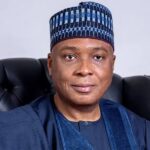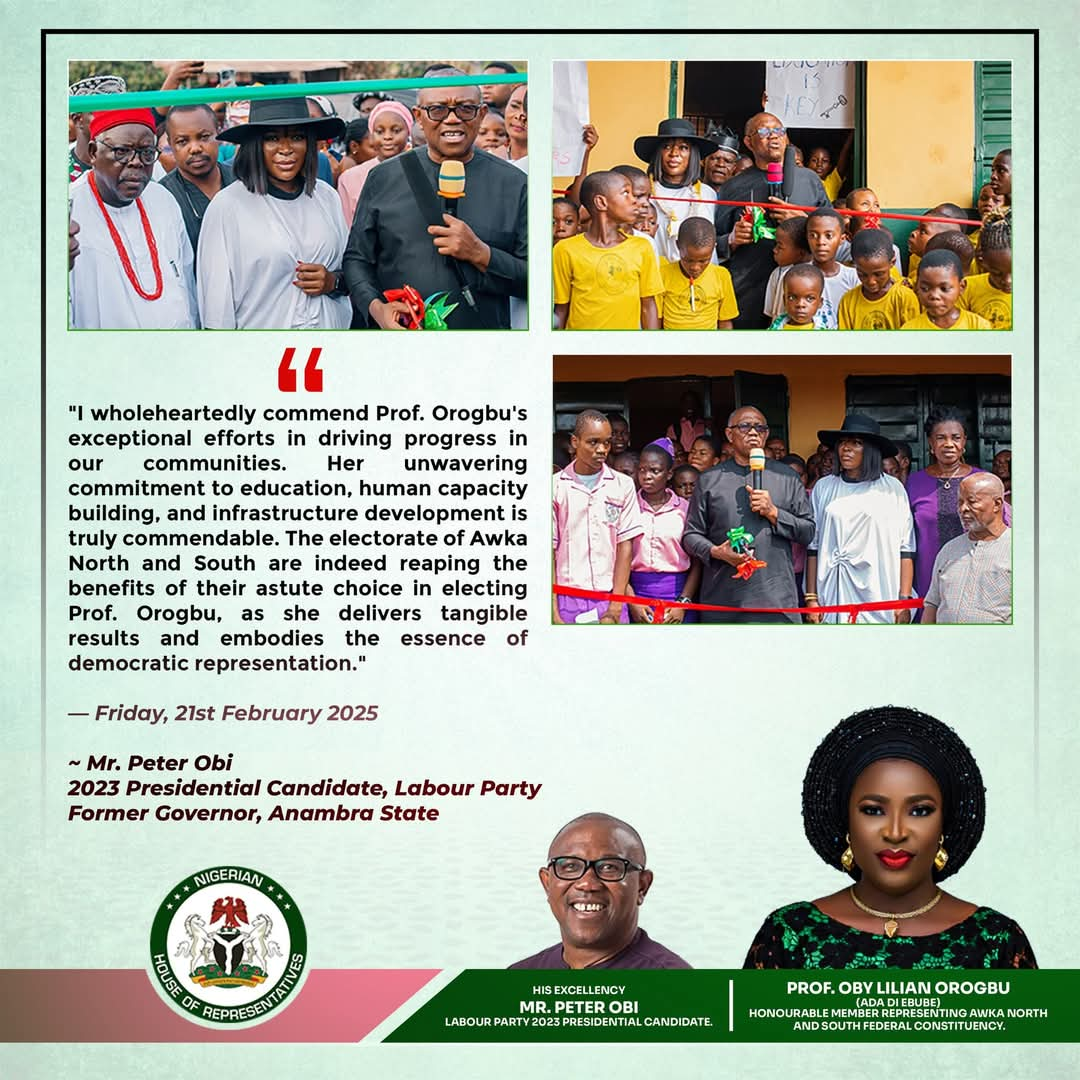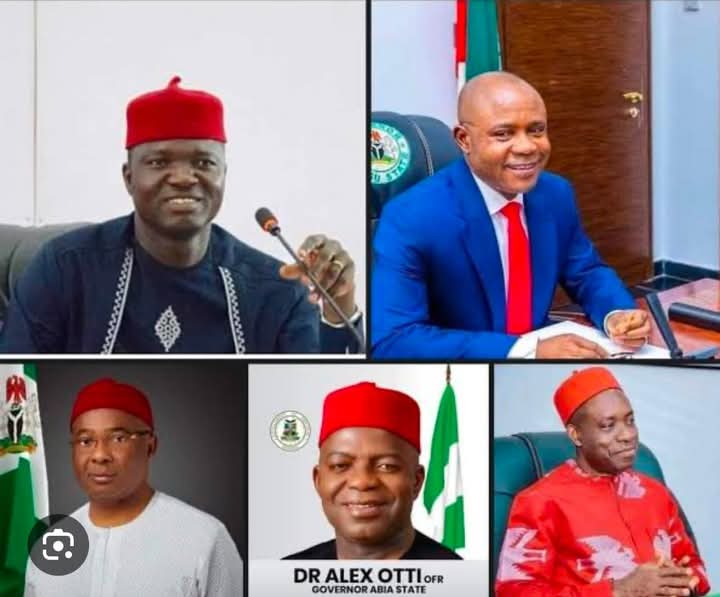By Blessing Ogbonna
In this report, LEADERSHIP Scorecard takes a cursory look at how the private sector will complement the federal government Economic Recovery and Growth Plan (ERGP), as well as the need to fast track the full implementation of the plan to achieve a higher economic growth.
 Since oil was discovered in 1958 it has dominated the nation economy. Today, Nigeria is the largest oil producer in sub-Saharan Africa and since 1971 a member of Organization of petroleum Exporting Country (OPEC), with an estimated production volume of 2.413 million barrel/day. This makes it the world’s sixth largest producer. From 1960 to date, Nigeria has reaped an estimated US$620 billion in oil revenue and at the same time has the third highest number of unemployed and poor people in the world.
Since oil was discovered in 1958 it has dominated the nation economy. Today, Nigeria is the largest oil producer in sub-Saharan Africa and since 1971 a member of Organization of petroleum Exporting Country (OPEC), with an estimated production volume of 2.413 million barrel/day. This makes it the world’s sixth largest producer. From 1960 to date, Nigeria has reaped an estimated US$620 billion in oil revenue and at the same time has the third highest number of unemployed and poor people in the world.
Consequently, as part of efforts to address food shortages and make agri-businesses attractive and beneficial to Nigerians, the President Muhammadu Buhari-led federal government singled out agriculture as a viable alternative to oil, recalling that previous efforts by successive administrations to boost the nation’s agricultural extension feats of the 60s-70s and reduce the over-reliance on imports have not been very successful.
It would be recalled that Vice President Yemi Osinbajo said the current administration will listen to the private sector insisting that the administration fully recognises that the private sector ought to be the driver of the economy, mobilising and deploying the bulk of capital required to deliver growth and prosperity; and the role of government should essentially be to create the environment for the private sector to thrive.”
Aside the fact that agriculture employs a sizeable percentage of the country’s labour force, there has been an upsurge in agri-processing and greater involvement of the private sector in agricultural sector financing, leading to the emergence of agripreneurs (agricultural entrepreneurs). This is because no government can single-handedly ensure food security for its citizens. The role of the private sector comes into play because of the tight efficiency and financial muscle available in the sector, which can be leveraged beyond mere corporate social responsibility.
More so, recommendations have also been made by experts calling on the federal government to fix this existential economic challenge confronting Nigeria, which are basically the core concerns of the ERGP and the Agricultural Promotion Programme (APP) of the President Buhari-led administration which are designed to tackle rising food imports and declining levels of national food self-sufficiency.
Although, most Nigerians have decided to leverage on this to create employment, empower women, the chairman, Eltrexone Farms Ltd, Dr Ibrahim Dikko, in an exclusive chat with LEADERSHIP Scorecard stressed the need for rural dwellers to engage in productive agricultural and non-agricultural activities which he said has great social and economic benefits to the nation.
Dr Dikko who gave the recommendations during a tour by our correspondent to El-Trexone Farms, located in Gajini and Gadani in Chukun District, Gwagwada Local Government Area of Kaduna State noted that the government needs to put more efforts to equip the local governments and private sector with empowerment programmes which will impact, facilitate and broaden the horizon of rural dwellers as well as young people to create employment opportunities for others.
To achieve this feat, he said the though Nigeria is one of several rapidly-growing economies in Africa, he called on the federal government to hasten the implementation of the three-year Economic Recovery and Growth Plan as a strategy for ensuring a stable and steady growth of the Nigerian economy. He also averred that international investors are still wary of the insecurity and instabilities in the country.
He insisted that development of the non-oil sectors, such as agriculture, may help to alleviate Nigeria’s reliance on the oil industry, ensure sustainable economic growth and attract investment.
LEADERSHIP Scorecard reports that El-Trexone Farms occupy about 1000 hectares of land has been able to provide jobs for no fewer than 600 adhoc staff and 80 permanent staff in the community.
Dr Dikko explained that the farm land which was acquired for all kinds of farming activities including animal husbandry, took off with 100 hectares of land for rice farm, 50 hectares for maize farm, 50 hectares for guinea corn, 40 hectares for beans of three varieties, 50 hectares for soya bean and in addition 30 hectares for Ginger and three hectares for turmeric.
On reason why the management embarked on agri-business, he said the aim of setting up the farm is to create a working environment for rural dwellers and provide other social amenities such as health facilities and security services.
According to him, “We did not go into agri-bussiness for immediate profit, but to reduce poverty in the country. If the private sectors can leverage on this opportunity, a lot of people in the rural areas will be gainfully employed, earn a living and improve their standard of living.
“If Nigerians will stand up en masse and leverage on the federal government agriculture policy, the country will produce the best quality of products that can competes with any export commodity using the technology at our disposal.
“We still have a lot to cultivate, we have no loan from anyone or organisation at the moment. But we are interested in obtaining Livestock and Rice loans from government, with the farm house on ground which has all facilities including clinic, we are ready to employ more workers with the vision we have.”
Dr Dikko stated that inspite the fact that the present administration recognised that the private sector sought to be the driver of the economy, adding that the role of the government should be to create an enabling environment for businesses to thrive; he noted that all hands must be on deck to achieve the ERGP.
‘’For instance, we still face other challenges, despite the fact we have mechanised farm equipment on ground to aid workforce, especially in the area of quick access to pesticides for pest control,” he stressed.
The Community head, ‘Sa Gadani’, Bitrus Sauri, on achieving rural transformation through agriculture, he stressed the need to create opportunities for dwellers to participate in productive and lucrative agro business ventures. He said apart from providing jobs to rural dwellers, some of this farms can also provide essential services to communities such as health services and education, just as El-Trexone Farms has done.
Sauri noted that the farm has played a significant role in the development of agriculture, food production and rural development with the intervention of El-Trexone farms in the country’s agribusiness industry. He said more jobs would be provided and there would be increased revenue and income, with corresponding ripple effect on farmers, traders and other agricultural stakeholders.
An agronomist, Abdullahi Suleiman, who commended the management for its commitment to Nigeria’s economic growth, expressed optimism the farm’s products, will not only meet the standards locally, but internationally.
Suleiman who is also a consultant to El-Trexone farms and a lecturer at Agricultural Science department, Federal Capital Territory College of Education, Zuba called on other private individuals to tow on the path of development to make the nation succeed in its Economic Recovery and Growth Plan.
The general manager, El-Trexone farms, Mrs Aishetu Dikko, who lamented over poor network to most farms, called on the government to do give more support to private sectors in overcoming barriers to agricultural production, especially, facilitating access to productive land.
Mrs Dikko said with the crops cultivated so far on the hectares of land, before the end of the year, a lot will be harvested from the farm.
According to her, a lot of unemployed women and youths can be empowered to depend on agriculture for their livelihoods if the government can provide a more enabling environment for establishment of various micro agricultural processing opportunities, adding that such investments would help to create the desired conditions for them to live in such areas with dignity.
A resident of the community, Abdullahi Yakubu, who commended the efforts of El-Trexone farms and other small scale farmers in the community, called for the creation of agro-hubs in rural places where youths can raise nurseries, provide agro-services, such as pesticides applications, grafting, among others, as a source of income. He said large farms will require large labour, adding that presence of El-trexone farm has made enormous effort to empower youths and women by providing them with resources, capacity building and access to information, to participate in agriculture.
He noted that by supporting youths in agriculture to access the right tools and technology, the government can make significant gains toward ending extreme poverty and hunger.
Consequently, there is urgent need for the federal government to hasten the implementation of the three-year Economic Recovery and Growth Plan as a strategy for ensuring a stable and steady growth of the Nigerian economy and also give equal priority to the power sector recovery programme so as to increase power supply in the country through enhanced generation, transmission and distribution which will in turn boost the nation’s agricultural sector.












